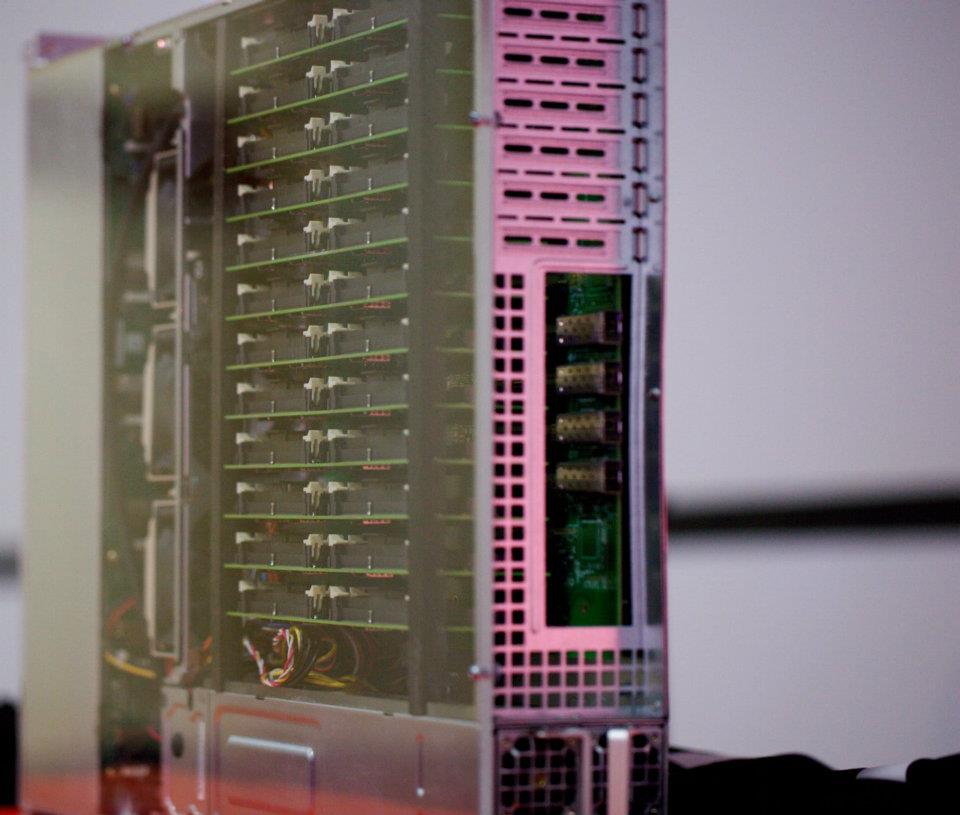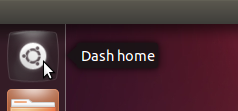Linaro has released version 12.06 based on Linux Kernel 3.5-rc3 and Android 4.0.4 (r2.1). This release brings further multimedia enablement for Android as well as some improvement to perf for Android, improved instructions & scripts for multi-arch on Ubuntu, and lots of little improvements and bugs fixes. Here are the highlights of the release: Android Multimedia enablement on AOSP, patches are in review. Most of the benchmarking applications have been automated via Monkeyrunner, working on PandaBoard and Snowball. Update panda-ics-gcc47-tilt-tracking-blob build to the TI LT 3.4 kernel. USB camera preview and still capture forward ported to tilt-tracking. 3D graphics and multimedia working on tilt-stable. IOMMU for Origen’s Multi format codec (MFC) enabled. IOMMU for Origen’s FIMC enabled. (FIMC stands for Fully Interactive Mobile Camera, and it’s used for camera input). Snowball upgraded to Android 4.0.4. Cortex strings landed in Linaro Android and submitted to AOSP (https://android-review.googlesource.com/#/c/38031/). This is part of […]
Hardware Packs for AllWinner A10 Devices and Easier Method to Create a Bootable Ubuntu 12.04 SD Card
Linaro has a tool called linaro-media-create to install Linaro Ubuntu to an SD card by passing the device, hardware pack file, the rootfs and the board as arguments. Hardware packs are files that contains hardware specific binaries and configs files (e.g. bootloader, kernel…). I’ve done something similar (albeit more basic) for AllWinner A10 devices so that you can easily install and run Ubuntu (and possibly other distributions) on an SD card. I’ve written 2 scripts for this: a10-hwpack-bld.sh – Script to generate evb.bin, build the latest u-boot and linux kernel, retrieve some config files and compress all this in an hardware pack file a1x-media-create.sh – Script to make a bootable SD card for AllWinner A10 devices. You can get the scripts with git:
|
1 |
git clone git://github.com/cnxsoft/a10-tools.git |
I’ve only tested it with Mele A1000, but if you have other A10 devices such as MK802 mini PC or MINI X media player, it should […]
Linaro 12.05 Release with Kernel 3.4 and Android 4.0.4
Linaro has just released version 12.05 based on Linux Kernel 3.4 and Android 4.0.4. This release provides lots of improvement for Origen (Samsung Exynos 4) on Android, further work has been done on big.LITTLE processing and ARMv8 work appears to have started for Ubuntu and Debian. armel vs armhf benchmarks show a massive improvement (up to 15x) when using armhf for povray (3D rendering),. but for most other tests, there is little improvement, and in some rare cases armhf is slightly slower than armel. Here are the highlights of the release: Android Created a stable Google hangout build for Origen Updated DS-5 and gator daemon to 5.10 Stress tests from big.LITTLE testing have been integrated into LAVA Completed big.LITTLE Android tasks Monkeyrunner tests for automating common Android usage have been integrated into LAVA Ordered a new power measurement device from National Instruments Updated and Origen 3.4 rc7 Completed Android HAL […]
Linux 3.4 Release
Linus Torvalds has just announced the release of Linux Kernel 3.4 on the 20th of May: I just pushed out the 3.4 release. Nothing really exciting happened since -rc7, although the workaround for a linker bug on x86 is larger than I’d have liked at this stage, and sticks out like a sore thumb in the diffstat. That said, it’s not like even that patch was really all that scary. In fact, I think the 3.4 release cycle as a whole has been fairly calm. Sure, I always wish for the -rc’s to calm down more quickly than they ever seem to do, but I think on the whole we didn’t have any big disruptive events, which is just how I like it. Let’s hope the 3.5 merge window is a calm one too. Linus Linux 3.3 merged Android drivers to mainline, added further improvements to btrfs and ext-4 file […]
This is What a Calxeda 192-Core ARM Ubuntu 12.04 Server Looks Like
Last November, Calxeda announced its 32-bit ARM Chip for servers, and now there are been some good progress as Calxeda is currently showcasing a 192-core ARM Server running Ubuntu 12.04 LTS Server edition at the Ubuntu Developer Summit in Oakland, California. The server showcased has 192 cores (48 Calxeda EnergyCore quad core Cortex-A9 processors), consumes less than 300 Watts, supports up to 24 SATA drivers and runs Ubuntu 12.04 with OpenStack’s cloud management infrastructure. Karl Freund, Calxeda Vice President of Marketing said that the Calxeda server is running “a standard LAMP stack (running Calxeda’s website) along with other popular web frameworks such as node.js and Ruby on Rails, provisioning of OpenStack Nova compute instances, and even Canonical’s Metal-as-a-Service bare-metal provisioning.” The company also explained that a complete native build of the Ubuntu 12.04 kernel took less than an hour to build on a single node, 4 times faster than the […]
Yocto Project Release 1.2 Announced
The Yocto Project Release 1.2 has just been announced. This release codenamed “Denzil” and based on Poky 7.0 is the third release of the project. The project was announced in October 2010 to provide developers with greater consistency in the software and tools they’re using across multiple architectures for embedded Linux development. Yocto Project 1.2 Features: HOB redesigned with new user interface and work flow. HOB is a GUI based tool for users to customize and build an embedded Linux image in a more intuitive and easier way. Build appliance, which is a set of changes and enhancements to enable users to build a virtual machine image running Linux built with the Yocto Project. Within the Linux running on the virtual machine, users can customize and build their own customized embedded Linux images. Error message handling improvement, making error message more efficient, useful and accurate to users. New kernel update […]
Installing Ubuntu 12.04 LTS in Acer Aspire One D255E Netbook
I previously installed Ubuntu 10.04 LTS on my Acer Aspire One D255E network (Atom N455 with GMA3150 GPU), and there were quite a few issues to solve with Ethernet, Wifi and the SD Card but eventually, everything worked fine. I have now upgraded it to Ubuntu 12.04 LTS, using the instructions I posted yesterday. The good news is that WiFi and the SD card worked right after the installation, but Ethernet would not work and there were 2 new issues: The system was very slow The touchpad would not work It might be possible that the touchpad and Ethernet issues do not occur by doing a fresh installation with Ubuntu 12.04 ISO, but I haven’t tried. Improving Ubuntu 12.04 Performance I noticed that if you just moved the mouse over the launcher, compiz (composting window manager handling 3D acceleration via OpenGL) would use 100% CPU. I ran glxinfo to verify […]
Upgrading Ubuntu 10.04 LTS to Ubuntu 12.04 LTS
If you are using Ubuntu 10.04 LTS and were expecting Ubuntu 12.04 LTS to be available in the Upgrade Manager, you were wrong. Well, at least I was wrong… Canonical won’t make it available via the Upgrade Manager in the first release, but only in July with Ubuntu 12.04.1 release, and the company recommends that most LTS users wait until then before upgrading to 12.04. But if you can’t possibly wait that long, you can run: do-release-upgrade -d or update-manager -d to upgrade from Ubuntu 10.04 (Lucid Lynx) to Ubuntu 12.04 (aka Precise Pangolin). The first command will run in the terminal, the second will start the Update Manager and allow you to select “New Ubuntu release ‘12.04’ is available”. For details on why you should NOT upgrade yet, see http://askubuntu.com/questions/125825/upgrading-lts-to-lts-server-why-wait-for-the-first-point-release. The first time I tried to upgrade I had the following errors: Could not calculate the upgrade An unresolvable […]





